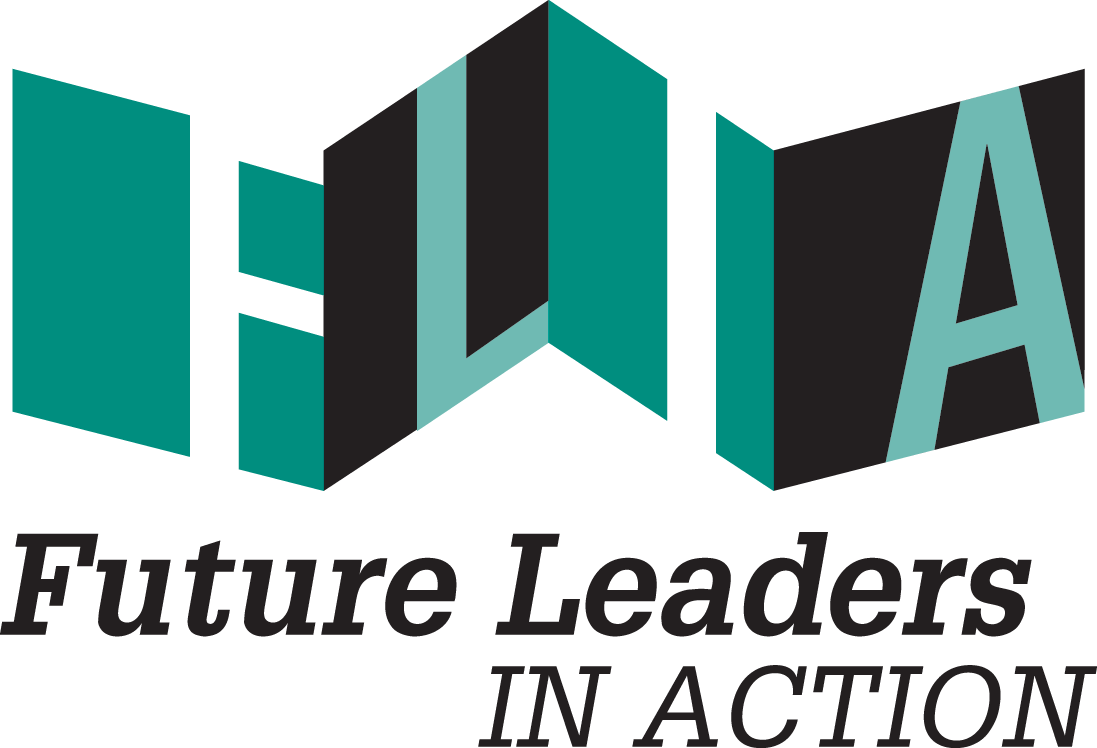As time passes, I note the same thing. It’s not the education status of staff or applicants. It’s not the prestigious experiences or lack thereof or state of in-between. It’s the willingness to grow. That’s what every nonprofit needs.
---
I took my first work-study position as a food pantry assistant in a nonprofit crisis center. I felt intimidated, to say the least. I felt that I had no relevant knowledge -- what was I doing there? “You can learn,” they said. So I did.
In the last four-and-a-half years since then, I’ve worked with six nonprofits directly (and others indirectly). Nearly every opportunity made me ask that question: what was I doing there? And nearly every leader said, “You can learn.”
I have gathered an array of hard and soft skills over time. That first role taught me how to properly record and manage the information of more than 3,000 people in one database. It taught me how to properly manage time for independent tasks, with clients, and among volunteers. I took those skills to future jobs -- and I continued to grow. I continued to learn.
It’s important to remember that part of my skill set was something I knew before. Recently at my gym, the owner said, “We can teach how to be a great coach.” She noted that teaching personality is much harder. I took it like this: others can teach us hard and soft skills but we have to know how to show up, how to be that person who earns that.
Nonprofits evolve and often and desire adaptable teams to change with them. If the goal is to work in the sector of frequent change, the purpose should include the ability to learn. Having that can lead to gaining the following valuable skills.
Soft (People / Interpersonal) Skills
Flexibility
Discipline
Time management
Teamwork mindset
Communication
Leadership
Creativity
Problem solving
Organization
Self-motivation
Hard (Quantifiable) Skills
Typing speed
Phone etiquette
Computer programming
Proficiency in various languages
Graphic design
Data analysis
Fundraising
Event planning
Schedule and/or travel management
Specific writing style knowledge (APA, MLA, etc.)
Those lists provide some examples, and that serves a main purpose: one’s skill set will never be complete. Are you willing to learn? If so, learn often. Pick up what you can. Take it with you. As Susan Cain once said, “The world needs you, and it needs the things you carry.”


